| Size | 12" x 8" |
|---|---|
| Medium | Watercolor on Paper |
Untitled
₹250,000.00
More info
| Size | 12" x 8" |
|---|---|
| Medium | Watercolor on Paper |
Category: Masterpiece
Availability: 1 in stock
Related Artworks
Be the first to review “Untitled” Cancel reply
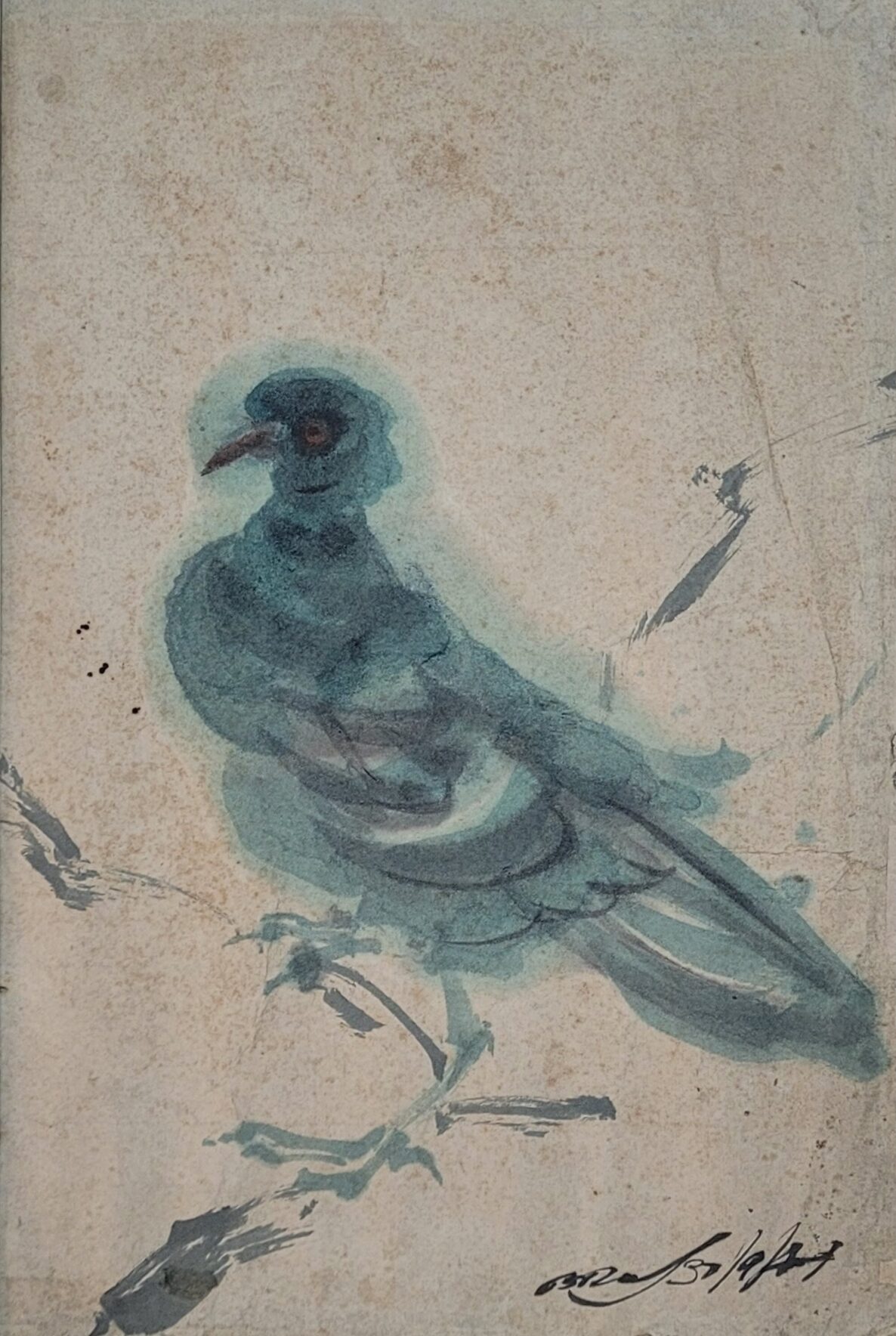
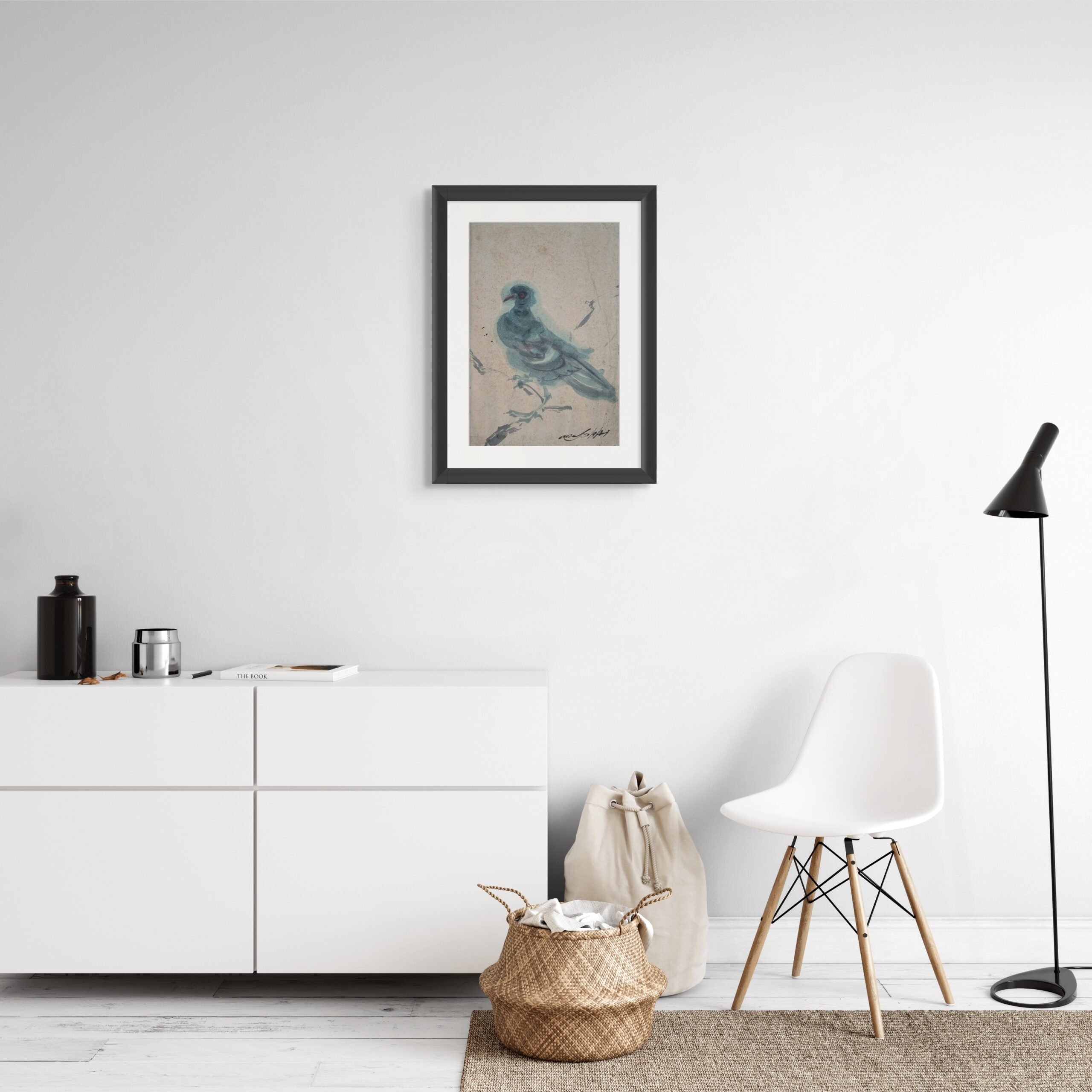
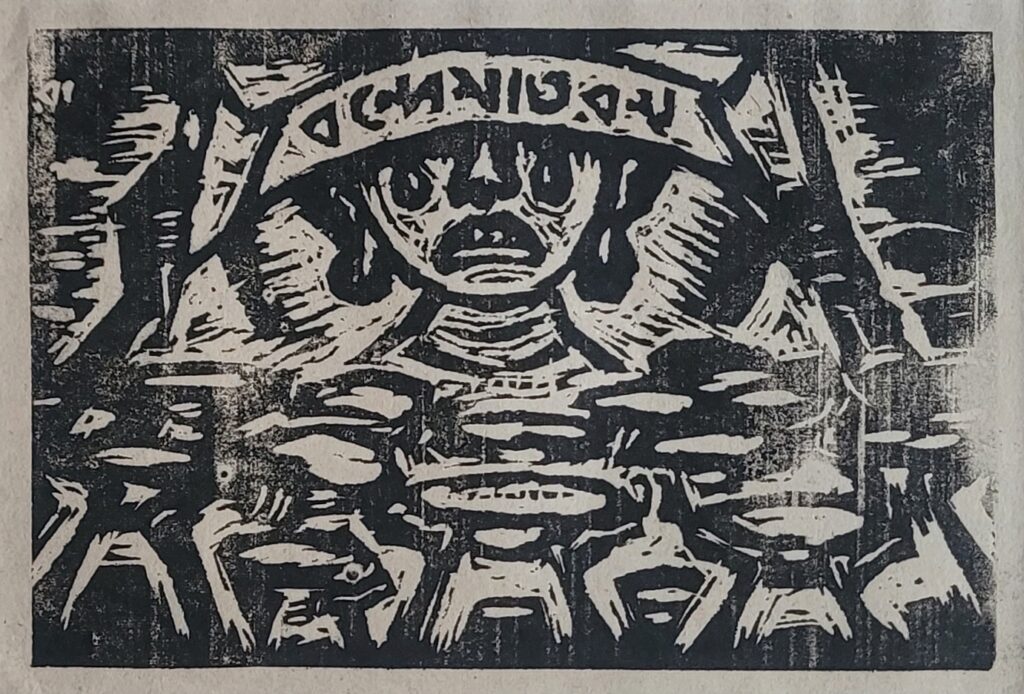
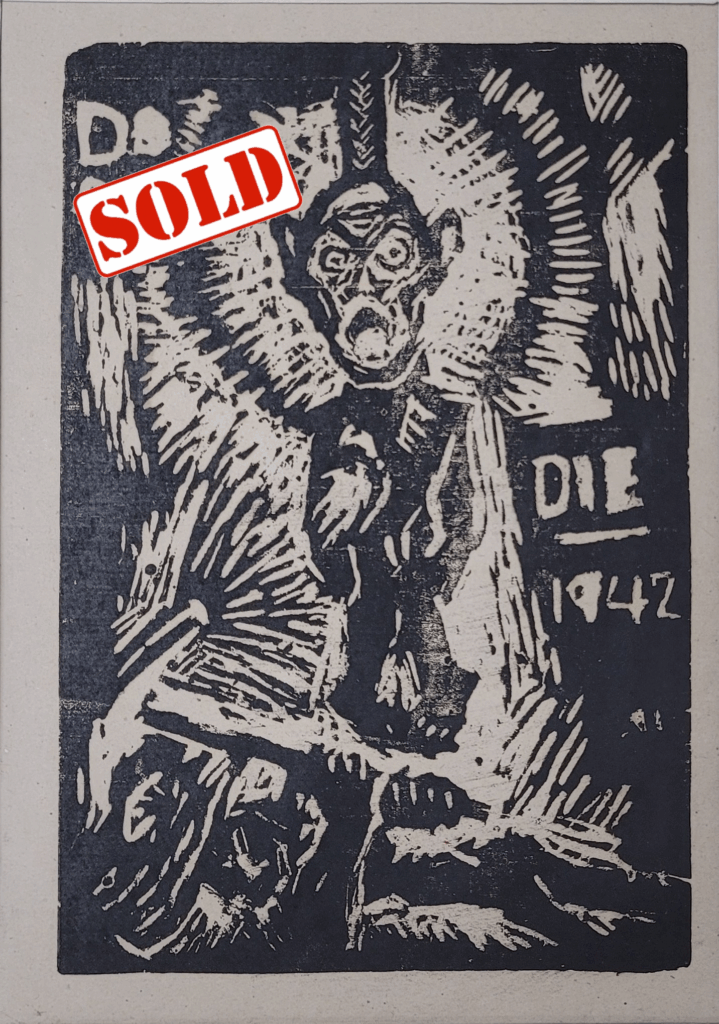
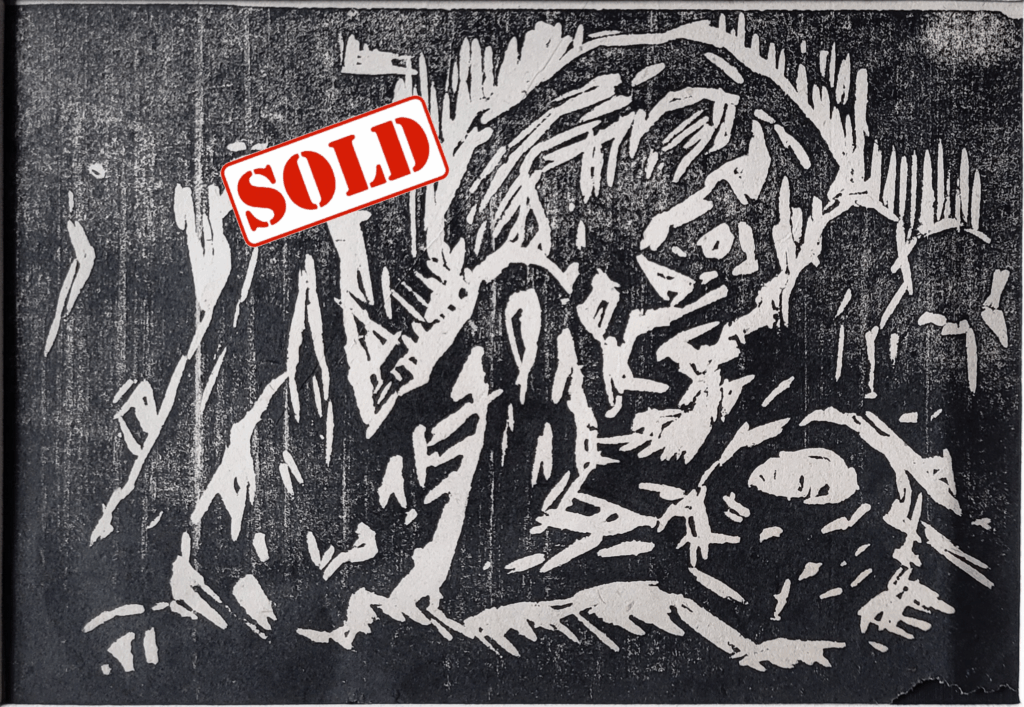
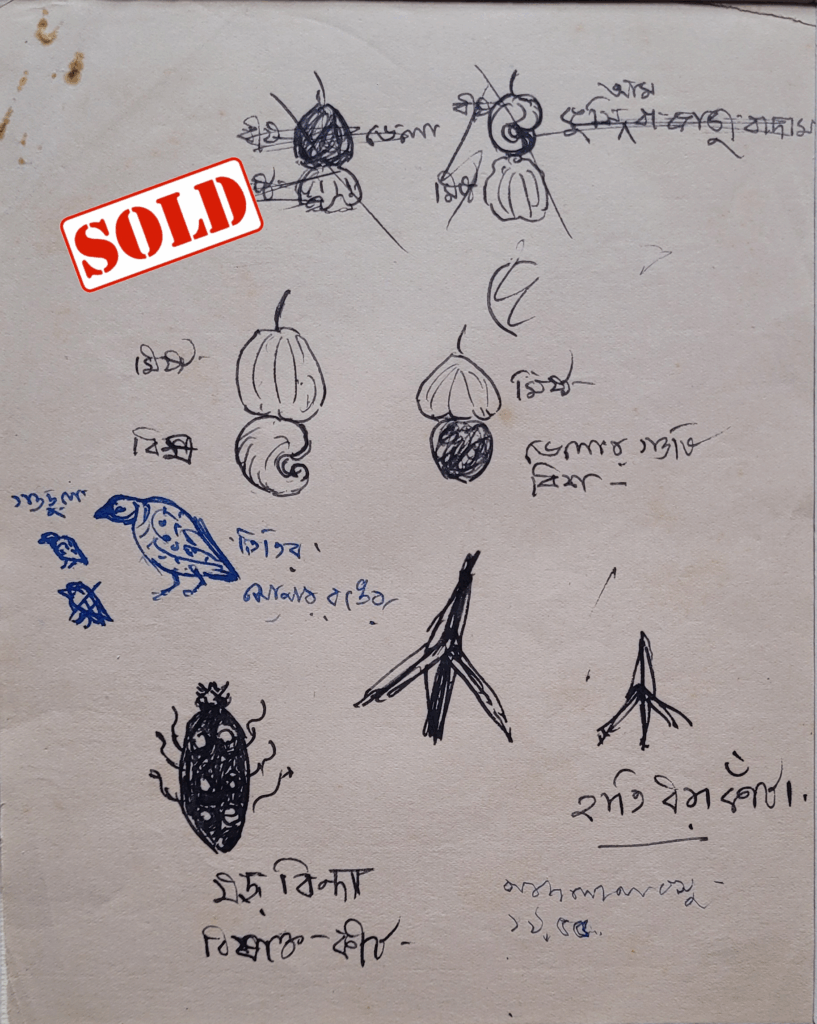
Reviews
There are no reviews yet.